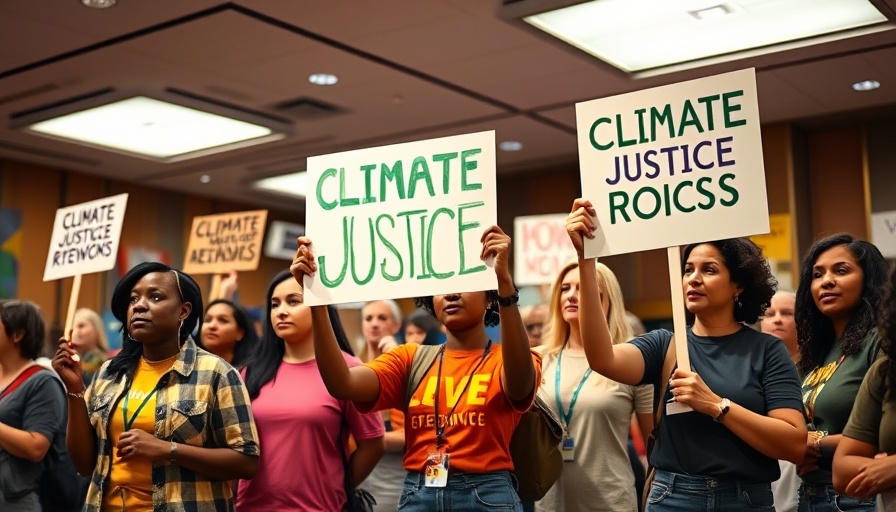
ASEAN Leaders Face Pressure for Environmental Regulations
As Southeast Asia grapples with increasingly dire environmental issues, civil society groups are rallying for stronger governmental regulations to safeguard ecosystems and public health. During the ASEAN Peoples Forum 2025, coinciding with the 46th ASEAN Summit in Kuala Lumpur, climate activists and legal experts called on member states to adopt legally binding environmental rights frameworks.
Urgent Call for Accountability in Business Practices
Public interest lawyer Theiva Lingam emphasized that the current voluntary nature of corporate climate commitments is a significant barrier to holding businesses accountable for environmental degradation. "We must have binding regulations for corporations. Without that, nothing is going to work," Lingam warned, highlighting that neglecting this responsibility could lead to further environmental destruction. The forum underscored the necessity of transitioning towards sustainable practices among businesses to curb ongoing ecological harm.
Real-World Consequences of Environmental Negligence
Transboundary pollution, arising from issues like rare earth mining and agricultural burning, showcases the ASEAN region's struggle against environmental mismanagement. With operations located perilously close to national borders, such as those in Myanmar, the detrimental effects spill over into neighboring Thailand and beyond. Toxic heavy metals and particulate matter pose risks not just to ecosystems but also to the health of communities reliant on clean water and air.
High Stakes: Environmental Health and Economic Impact
As areas of Thailand contend with high levels of PM2.5 air pollution—endangering public health and tourism—the urgency for grassroots accountability has never been clearer. Agricultural burning in the region has resulted in enduring haze issues, afflicting millions across Thailand, Laos, and Myanmar. Advocates assert that comprehensive environmental policies can alleviate these burdens, paving the way for sustainable development and improved community health.
Festering Environmental Issues Demand Immediate Action
With nearly 1.9 million hectares subjected to environmental damages, the need for effective policies becomes a pressing demand from civil society groups. Such actions are not merely academic; they bear direct implications for the future of communities affected by environmental hazards. The hope is that by enhancing regulatory frameworks, ASEAN countries can foster a more sustainable future and demonstrate their commitment to environmental conservation.
A Commitment to a Sustainable Future
The fight for stronger environmental policies serves as a reminder of the collective responsibility to protect our planet. As citizens of ASEAN states advocate for these reforms, the critical dialogue around corporate social responsibility and environmental stewardship is poised to shape a more sustainable narrative for the future.
Join the Movement for Change
For readers passionate about environmental conservation and sustainable living, advocating for stronger policies is just the starting point. Engage in local initiatives, support businesses prioritizing sustainability, and practice conscious living to help create a healthier planet.
 Add Row
Add Row  Add
Add 



Write A Comment